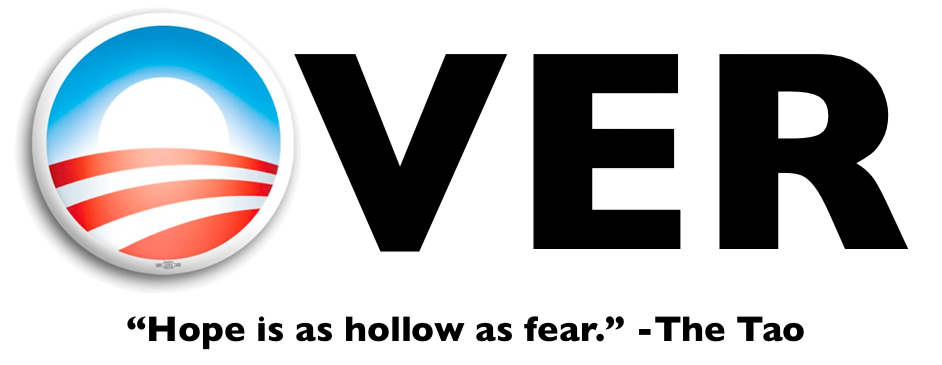We’ve lived through a time period of unprecedented information centralization. Never in the history of humanity has such a small group of people controlled the content consumed by so many. This centralization is characterized by three factors: ownership, control and penetration.
In the early 20th century, there were hundreds of media companies. Now, five global media conglomerates own 90% of the ‘mainstream media’ Americans consume. All of the media properties owned by these conglomerates operate serve the same few hundred clients (corporate advertisers) for the same benefactors (large shareholders.) This enables a few thousand corporate managers and shareholders to determine, consciously or unconsciously, the frame through which news and information is delivered. These people, directly and indirectly, determine the taboos that hundreds of thousands of employees work hard to pass on to hundreds of millions of consumers. This process is subtle – indeed it’s become institutionalized – but it’s results are spectacular. Corporate media has constructed an entire worldview around the concept of limitless consumption by piping it directly into the average American for over four hours a day. This unprecedented degree of penetration by a group of organizations who’s primary motive is to trick Americans into watching more TV advertisements explains why so many in the US are obese, in debt and ignorant of their nation’s history.
It’s easy to forget that until a century ago, a million people had never been ‘informed’ of events in a standardized way. News from far away places came through many mediated layers – whether it was written, pronounces or socially spread – and often fell on suspicious ears. The concept that humans could ‘know’ that something was happening outside their reality did not exist like it does today. Without the glare of highly produced media, Americans relied on family knowledge, ancient wisdom and their own experiences to develop an understanding of the world. They could make informed decisions because they trusted their experiences, understanding that core principles of human interaction aren’t dependent on time, space or scale. What is true for a village is true for a nation and an empire.
Americans naturally understood that violence enables theft and war was immoral. They didn’t need their newspapers to explain how a general could get rich from war: they intuitively knew war profiteering always takes place. Americans naturally understood that food with unknown origins could very easily be unsafe. They didn’t need a reporter to inform them of the danger of food processed by mysterious factories. With common sense gleaned from everyday experiences, humanity not only survived the dark days before TV and centralized media, they thrived.
In 2009, our media has never been more advanced. One would imagine that advanced media would create a more harmonious and intelligent public but that doesn’t seem to be the case. Our economy has problems no one can grasp. Our military is embroiled in a war that started with a reverberated lie. Our food system is unsustainable and dangerous. Our stores are filled with products of low quality made in places we’d like to pretend don’t exist. Our population is increasingly addicted to prescription (read: corporate produced) drugs and imprison millions of Americans for distributing and consuming illegal (read: non corporate) ones. Then we ask the same media companies that crafted our current insanity to explain why we’re all so crazy. Of course, they can’t address that question. How could they?
After thousands of years of human civilization and amazing technological advancement, why are we still so easily hoodwinked by the magician behind the curtains?
There is good news and that good news is that you’re reading this, which means that after a lifetime as an unwilling consumer of centralized news and information, you’ve found yourself consuming media from decentralized sources. The internet is fundamentally changing the way we receive news and information and thus, it is changing our perspective and freeing us from the chains of homogeneous, standardized, centralized media. It is freeing us from the media that is financed by corporations that are financed by our consumption based economy. On the web, there is media from CNN and NBC written by people who ultimately have to answer to their advertisers, but there is also media written by us: and the only people we have to answer to are ourselves (and our audience.)
More good news: while the mainstream media cries that centuries old news institutions are crumbling, decentralized networks of local blogs and reputable source are stepping into the void. The marketplace loves this new form of media: the faster, better, cheaper of independent journalism can’t be stopped.
